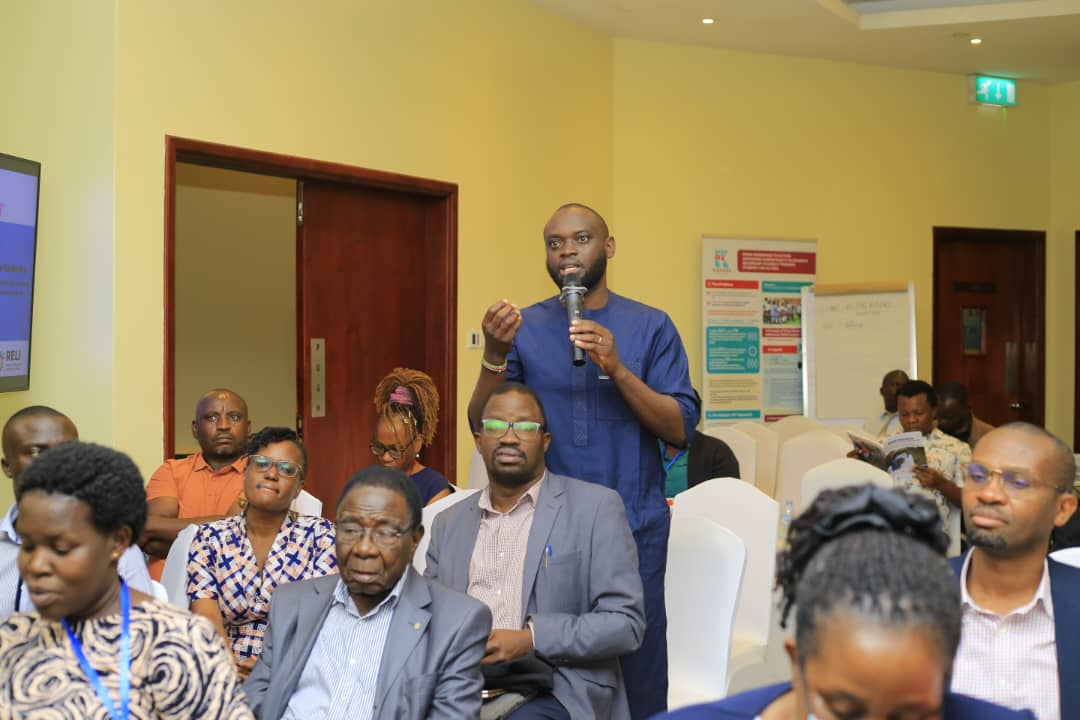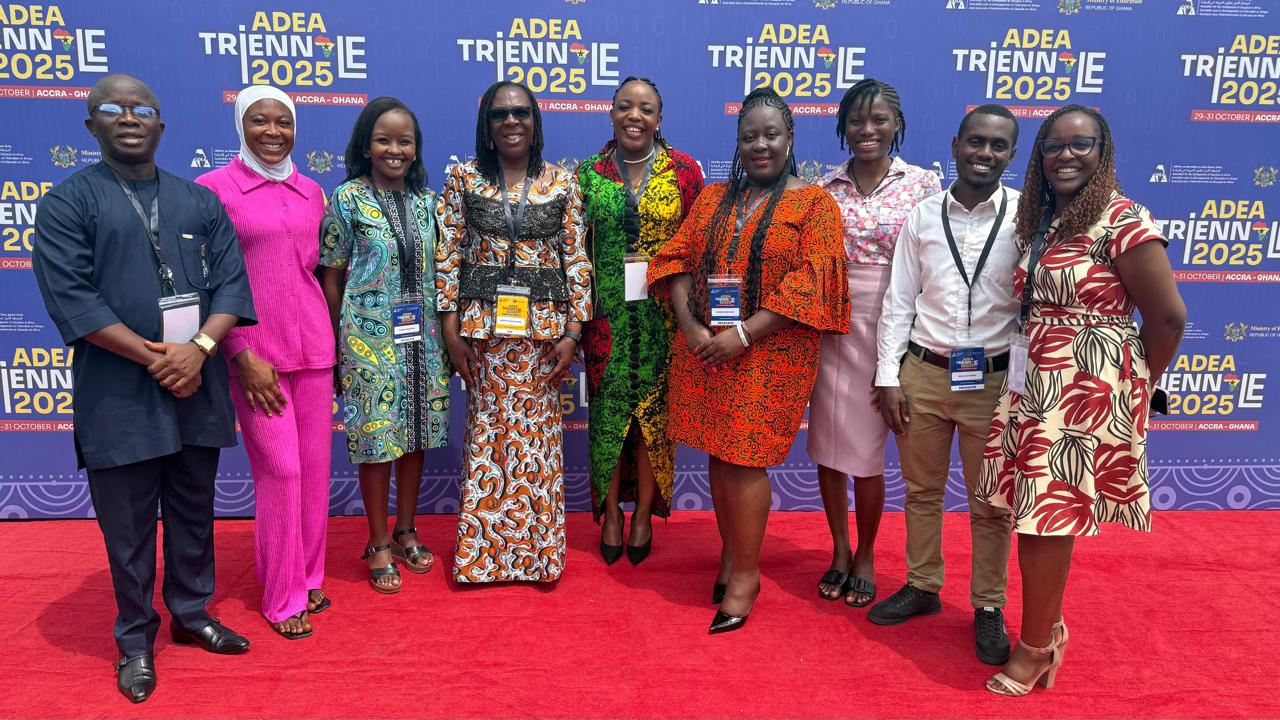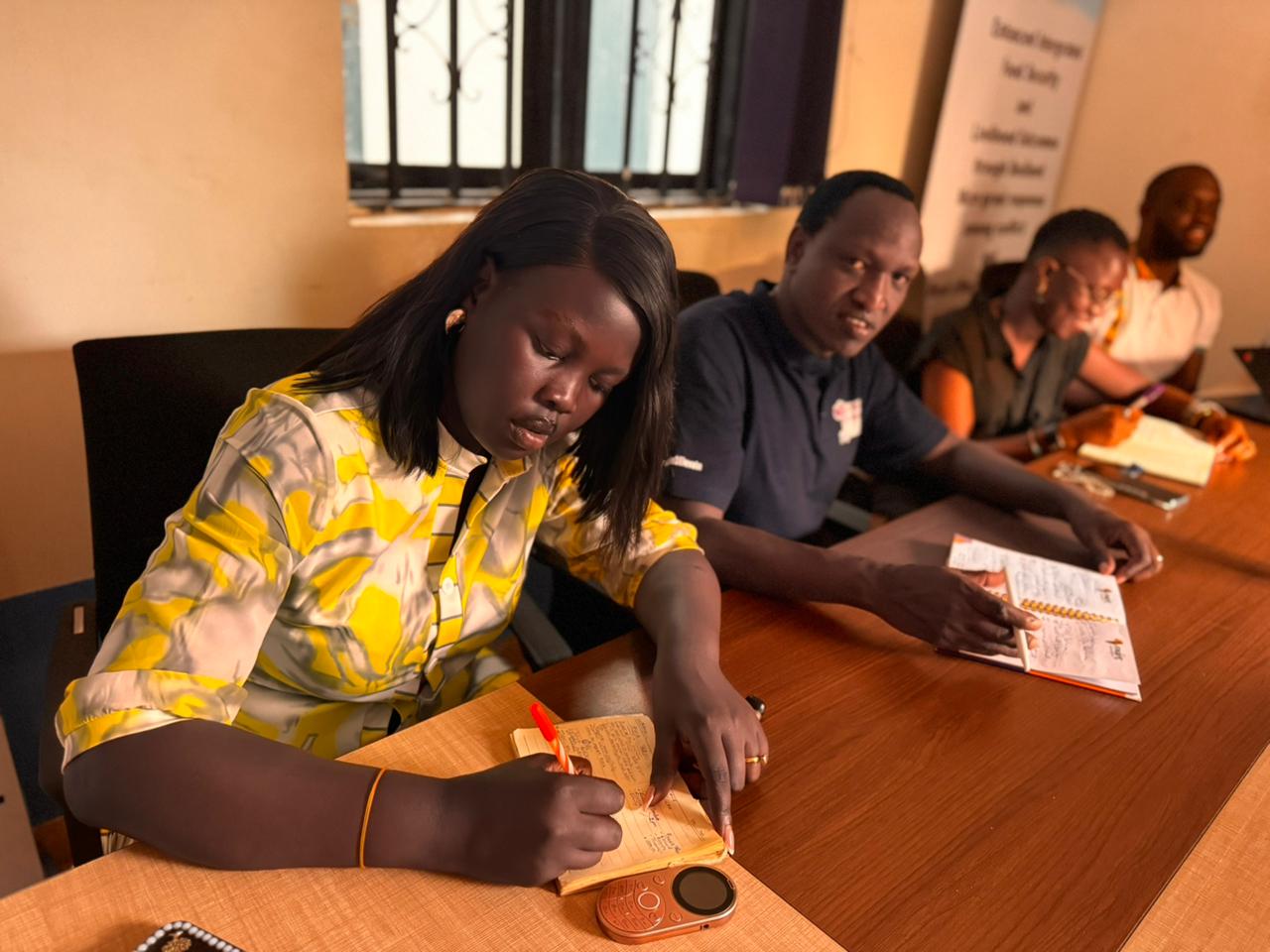KAMPALA – The air inside the Hilton Garden Inn is cool, a stark contrast to the humid hustle of the Ugandan capital outside. It’s the kind of setting where development jargon often hangs as heavily as the conference hall’s air conditioning. But this morning, something different is cutting through. It’s not just policy; it’s the sound of a quiet revolution being recalibrated.
The National Conference on “What Works in Girls’ Education” is underway, a gathering of minds and mission statements. On the surface, it’s a familiar scene: officials, educators, and advocates. Yet, the most compelling narrative isn’t in the broad statistics, but in the specific, gritty details of a program called TUSEME – a Kiswahili word meaning “Let’s Speak Out.”
As the Minister of State for Primary Education, Hon. Dr. Joyce Moriku Kaducu, lends her gravitas to the room, the real story unfolds in the presentation that follows. It’s a story of a model that works, not because it is perfect, but because it is evolving. For years, TUSEME clubs have been safe harbors in schools, platforms where girls could dismantle the walls of silence around issues that hinder them—from menstrual health to societal pressures.
But the revelation today is one of intentional, deliberate expansion. The blueprint is being redrawn. The new frontier for TUSEME isn’t just the conventional classroom; it’s in the overlooked corners of the nation: the refugee camps of Adjumani, the settlements for the internally displaced, and classrooms redesigned for learners with disabilities. This isn’t merely inclusion; it’s a strategic mission to find the voices the system has historically failed to even hear.
The proof, as they say, is in the practice. This year, in the districts of Adjumani and Buyende, 15 new TUSEME clubs have taken root. Their enrollment isn’t just stable; it’s swelling. This isn’t about adding another after-school activity. It’s about the organic growth of a necessary space—a place where a girl in a refugee camp can articulate her trauma and her dreams with equal clarity, where a learner with a disability can demand the education she deserves.
The conference will produce its reports and its action points. But the true headline is this: the most successful movements are those that listen to their own name. “Let us speak out” is no longer a request from the convenient places. It is now a mandate, echoing from the boardrooms of Kampala to the most vulnerable classrooms in the land, ensuring that every girl, regardless of her circumstance, is handed the microphone.




Leave A Comment